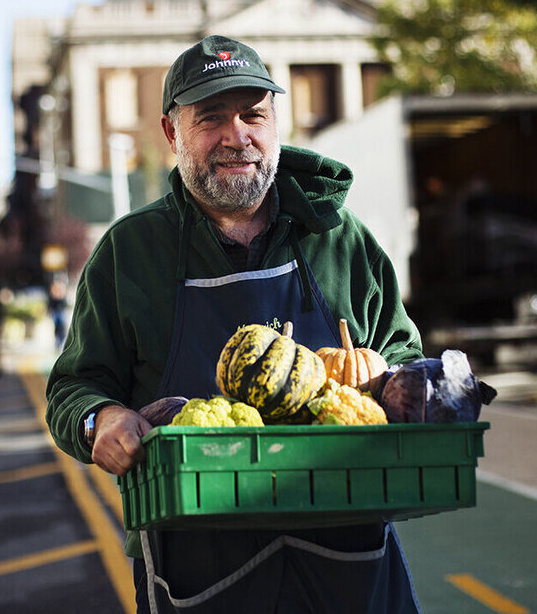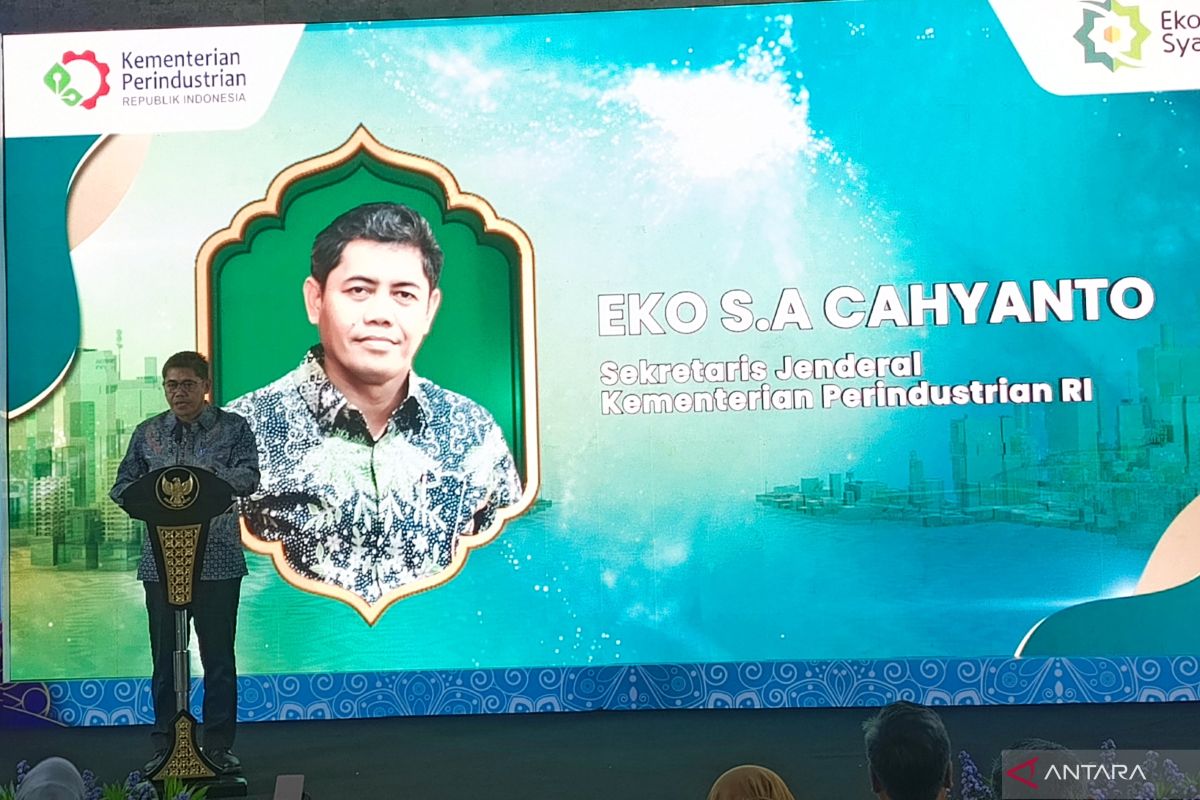KUALA LUMPUR, Nov 16 (Bernama) — Things are looking good for the halal
industry with the global market for halal products and services
currently estimated at US$2.1 trillion (RM8.4 trillion) annually.
The growth potential is evident as halal products and services are
not limited to Muslim consumers but also gaining high acceptance among
non-Muslims, as consumers perceive halal products to have undergone
stringent inspection and standard controls.
Currently, the supply of halal products and services is dominated
by non-European countries, but a huge gap remains between the existing
trade level of halal products and the size of its market potential.
The halal industry is considered to have a huge potential in the European market which has yet to be tapped fully.
This is where the World Halal Forum (WHF) Europe 2009, which is
starting Tuesday at the World Forum Convention Centre in The Hague, the
Netherlands, can play a part.
To be held for the first time outside Malaysia, WHF Europe is
expected to provide insights on the viability of the industry and how
best to tap the enormous potential of the halal market in the European
region.
The two-day event is aimed at providing the gateway into the
relatively untapped market and will collaborate with international and
regional authorities to hold discussions focusing on major issues
related to the industry.
In line with its theme, “Halal Potential — A Regional Focus”, WHF
Europe is also expected to create a path for better understanding on
the beneficial values of halal in the global arena.
World Halal Forum’s founder Jumaatun Azmi, who is also managing
director of KasehDia Sdn Bhd, said the current halal food market in
Europe is projected to increase to US$6.7 billion this year.
“The higher purchasing power of European Muslims and the growing
number of educated Muslims in the labour market have contributed
towards the strong growth of halal food consumption while the trade
potential is rapidly increasing,” she told Bernama.
Jumaatun said as demand continued to grow in Europe, producers
were scrambling to prove the integrity of halal, which led to some
misconceptions among various parties, adding that WHF Europe would
address the issue.
“It will be a very interesting forum as not only will it focus on
the business perspectives, but we will also be engaging with parties
which have issues with halal products, such as the Farm Animal Welfare
Council,” she said.
To ensure productive debates, lively discussions and constructive
deliberations, the inaugural WHF Europe is held in The Hague as it is
considered a neutral ground in terms of socio-political scenario.
“Furthermore, it has huge potential to be a gateway for halal
trade since Port of Rotterdam, which is now the largest port in Europe,
has dedicated storage and warehouse facilities which are already in
place and have been operational for the past years,” Jumaatun said.
She believes that WHF Europe will also provide insights on the
opportunities of the halal industry and give a clearer perspective to
businesses, consumers, Muslim groups and policy makers on its viability
and potential.
The gathering and participation of a huge number of industry
experts, animal welfare groups, academicians and scholars in WHF Europe
2009 will further strengthen the future of the halal industry, she said.
“More importantly, the forum will help increase understanding on
the concept of halal and its beneficial values, not only to Muslims but
to non-Muslims as well,” she added.
Europe, which has the third largest concentration of Muslims after
Asia and Africa, currently has a Muslim population of about 51.2
million, with a growth of 140 per cent in a decade.
European Muslims play a major role in the global halal market as
they have higher purchasing power, indicating the huge market potential.
The World Halal Forum was launched in 2006 to promote the halal concept for the benefit of the global Muslim market.
— BERNAMA



